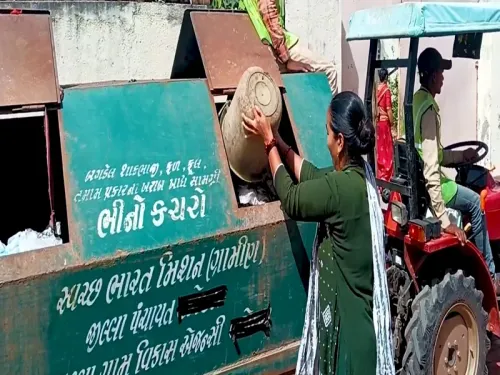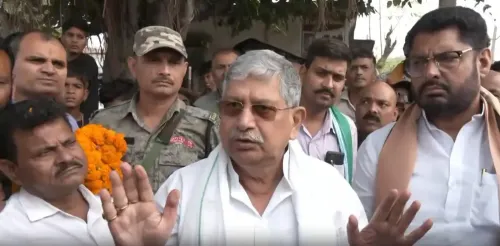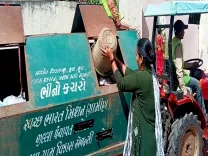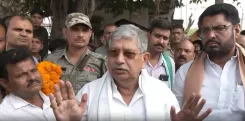Is Shashi Tharoor’s Critique of Dynastic Politics Causing Unease in Congress?
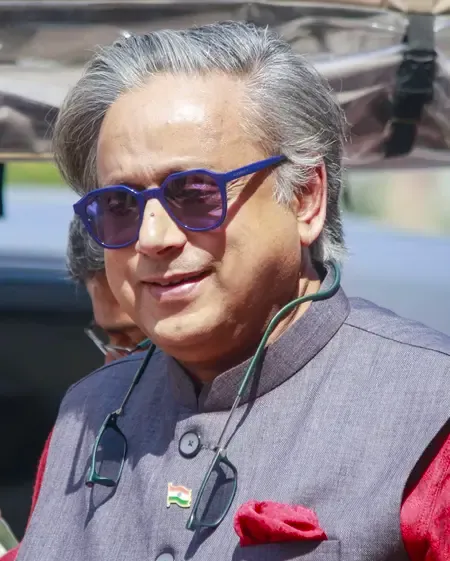
Synopsis
Key Takeaways
- Tharoor's critique of dynastic politics challenges longstanding political norms.
- Calls for disciplinary action reflect internal party tensions.
- Merit-based leadership is essential for democratic integrity.
- Financial influence of political families is a critical concern.
- Reforms are necessary for a more accountable political system.
Thiruvananthapuram, Nov 3 (NationPress) Senior Congress leader and CWC member Shashi Tharoor's incisive critique of dynastic politics has caused significant discomfort within the party, prompting some leaders to suggest that the high command contemplate disciplinary measures against him.
In an article featured in a regional daily entitled “Dynastic Politics: A Threat to Indian Democracy,” Tharoor contended that India must transition from family-based rule to a system grounded in merit, a perspective that many within the party perceive as a pointed jab at the Nehru-Gandhi family.
Tharoor emphasized that the political legacy of the Nehru-Gandhi lineage—from Jawaharlal Nehru and Indira Gandhi to Rajiv, Rahul, and Priyanka Gandhi Vadra—has nurtured the notion that political authority is a birthright.
He stated, “The prevalence of political dynasties erodes democracy,” adding that family-oriented politics weakens accountability, diminishes governance quality, and enables leaders to depend on their surnames rather than their skills.
The former Union Minister further asserted that such families typically hold substantial financial resources amassed over years of power and continue to receive significant political contributions.
Referring to a recent study, he highlighted that 149 political families have multiple members serving in state assemblies, along with 11 Union ministers and nine chief ministers possessing familial ties.
Moreover, he pointed out that in the last 25 years, no MP under 40 has been elected to the Lok Sabha without familial connections.
Tharoor's criticism wasn't limited to the Congress; he cited regional parties such as the Shiv Sena, Samajwadi Party, Lok Janshakti Party, Shiromani Akali Dal, People’s Democratic Party, DMK, and Bharat Rashtra Samithi as examples of deep-rooted dynastic governance.
He urged for transparent internal party elections, legal term limits, and reforms to encourage merit-based leadership.
While some leaders privately concur with his broader arguments, others view his comments as ill-timed and politically detrimental, particularly with important elections approaching.
State Congress leaders in Kerala, where Tharoor is a core committee member, have thus far refrained from publicly commenting.
Party insiders suggest that Tharoor’s article has rekindled concerns about his strained relations with the central leadership.
Having previously contested the AICC presidential election and frequently articulated independent views, Tharoor’s latest statements are perceived as another public display of dissent, one that, critics warn, could provide fresh ammunition to the BJP, which has long accused the Congress of being a “family-run enterprise.”



